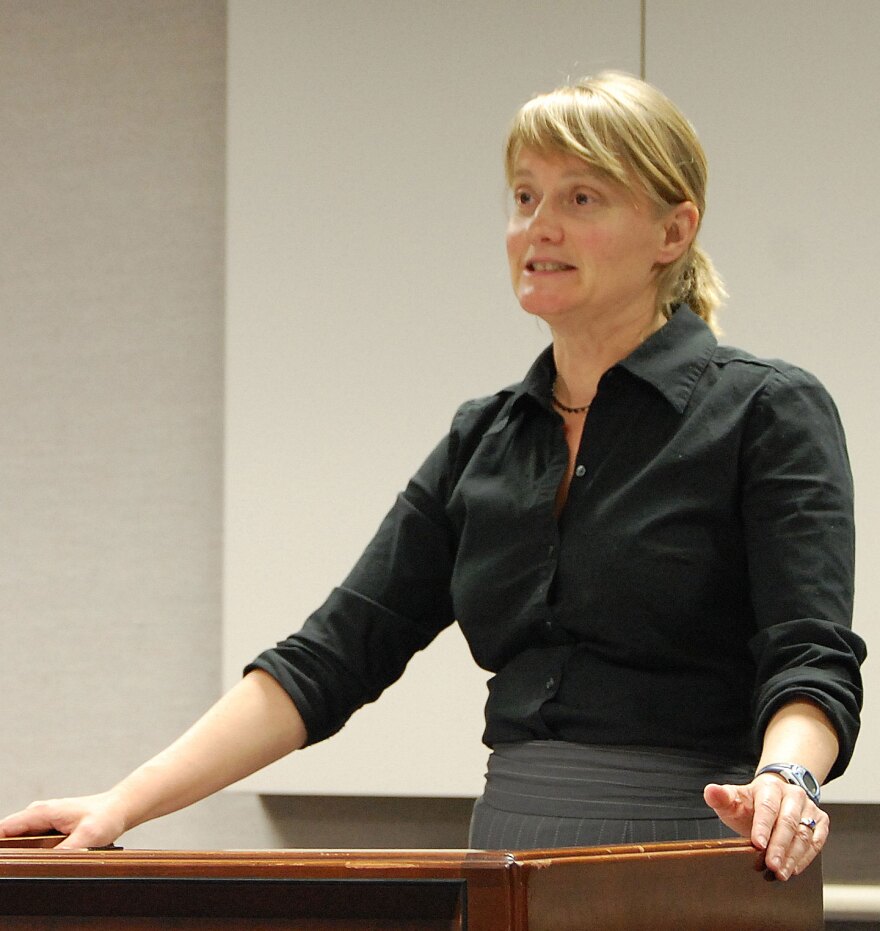The Virginia House will soon vote on two Virginia General Assembly bills seeking to strengthen the state’s Freedom of Information Act.
Virginia's FOIA laws, also known as sunshine laws, require public institutions to disclose records and provide access to government meetings unless an exemption applies.
Del. Danica Roem (D–Prince William) introduced HB 2006 and HB 2007, which were both unanimously approved by the House General Laws Committee on Thursday.
Government agencies can charge to provide public records to recoup the costs associated with finding the records. HB 2006 asks for such charges to have an electronic payment option. HB 2007 would require public bodies to state on their websites how they assesses fees.
“I am for better or worse — and God, it seems like worse sometimes — absolutely hellbent on being the voice, if there can be no other, who is going to strongly, passionately support an accessible, strong Freedom of Information Act, as opposed to a restricted one that has so many exemptions,” Roem said.
Roem encountered FOIAs in her more than 10 years as a journalist before going into public office. She recalled several deterrents to accessing public records. One of her constituents drove 40 minutes across the county to deliver a physical check to have a request fulfilled, Roem said.
“The current version more resembles a block of legislative Swiss cheese, than it does the law of the code of Virginia,” Roem said.
Roem introduced FOIA legislation in prior sessions that did not advance, such as proposals to create a FOIA ombudsman — a designated authority — in the attorney general’s office, establish a cap on hourly billing charges to fulfill records requests and to allow some free FOIA requests, with conditions.
“The point of the Freedom of Information Act is for the public to find out what the hell is going on with its government,” Roem said. “For reporters to be able to perform their most essential duties, which is watchdog of the government.”
Fewer people are using traditional forms of payment, so HB 2006 is a “step forward with the times,” Megan Rhyne, the executive director of the Virginia Coalition for Open Government, stated in an email interview.

“If local governments are already using electronic means for various public transactions, like paying taxes via an electronic check or paying a recycling invoice by credit card, then they should use those systems to accept payment for FOIA requests,” Rhyne stated.
HB 2007 will help citizens who are “often blindsided” by the costs associated with public records requests, according to Rhyne.
“I support both of these bills, both of which are trying to chip away at the way in which the increasing costs of FOIA requests are putting government information out of the reach of the taxpayer,” Rhyne stated.
The methods of getting information are “crucially important in this time,” said Dina Weinstein, president of the Virginia Pro Chapter of the Society of Professional Journalists (VPM News Director Elliott Robinson is vice president of the organization). There is less media coverage on the government in some parts of the state than in the past.
“We need to know this information and making it inaccessible is not democratic,” Weinstein said.
Fees used to be the exception for a FOIA requester but have increasingly becoming the rule, said Tom Nash, the Virginia proxy for the nonprofit MuckRock. The organization aims to make government more transparent and helps file FOIA requests, according to its website.
“It’s important for people to keep in mind that when government agencies ask us to pay for FOIA requests, essentially, we are paying for the same information twice,” Nash said. “Because we’ve already been paying government officials to do the work that they do, and part of that work is making documents.”
Capital News Service is a program of Virginia Commonwealth University's Robertson School of Media and Culture. Students in the program provide state government coverage for a variety of media outlets in Virginia.


